Through our innovative educational approaches and sustainable projects for income and environmental protection, we help young people to build a better future – both for themselves and for the environment.
Worldwide, 68 million young people between the ages of 15 and 24 are unemployed. 700 million live in poverty on less than USD 2.15 a day despite being employed. The ecological crisis and social inequalities further exacerbate their challenges. In arid regions, where climate change is threatening people’s livelihoods, it is often about more than just a better life – it is about survival. In regions affected by drought and desertification in particular, these young people have the opportunity to contribute to a more stable future through organic farming projects.
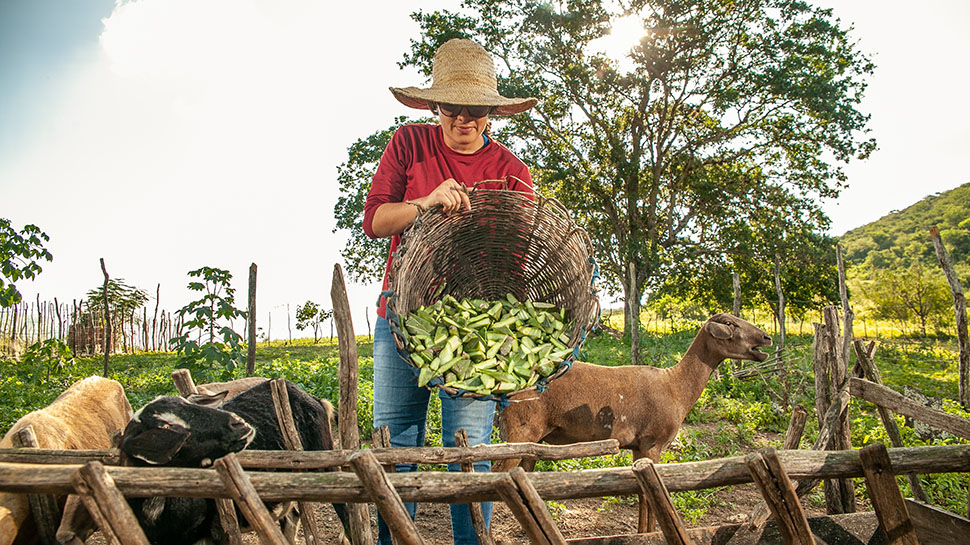
In order to bring about long-term positive change, young people are given access to practical training in areas such as crafts, entrepreneurship and organic farming. They are empowered to work independently and develop a source of income that not only promotes their personal well-being, but also benefits their community.
Targeted support with setting up small businesses and individual and collective income initiatives can help young people to strengthen their economic independence. This is not just about monetary gains, but also about promoting sustainable economic models that combine ecological responsibility and social justice.
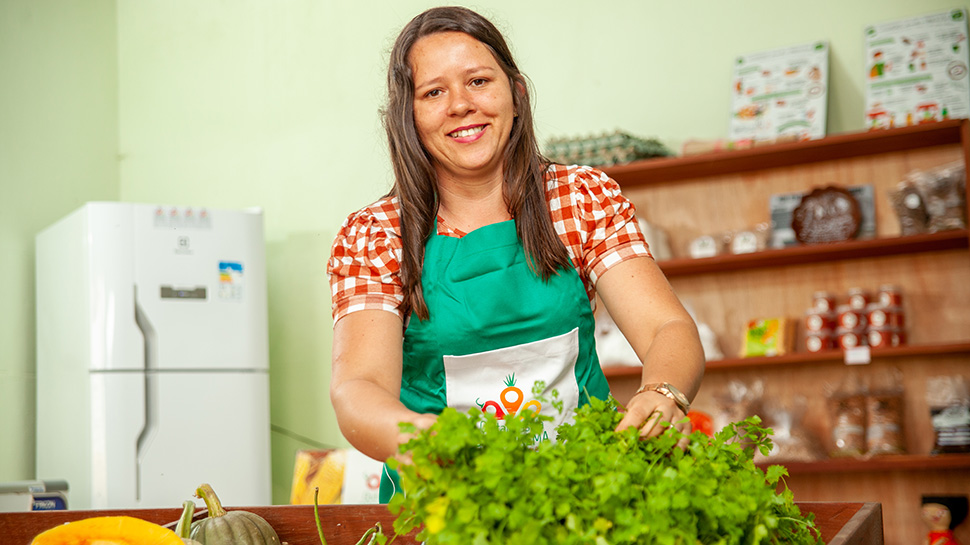
Given the urgent need to combat climate change and preserve livelihoods in regions affected by drought and desertification, we choose to focus our attention on climate justice projects. By using ecological methods in agriculture, crafts and trade, young people learn how to run businesses in an environmentally friendly way and conserve natural resources in the long term. Methods such as agroforestry, intercropping and soil conservation practices not only contribute to a long-term increase in yields, but also to mitigating climate change by storing CO₂ and promoting biodiversity.
Livelihoods are created for young farmers in Mozambique through sustainable agriculture
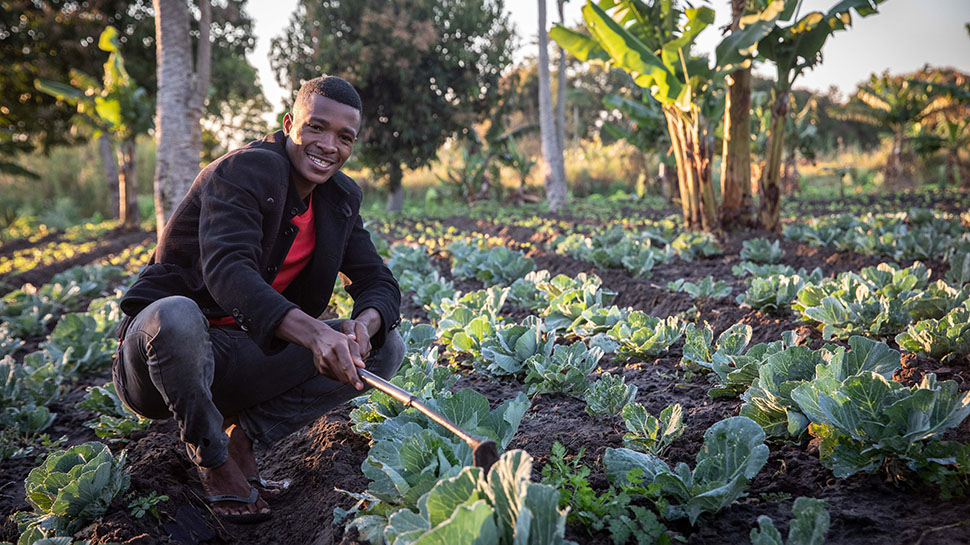
An important part of our work is developing projects that strengthen the resilience of young people and their communities to climate change (especially droughts and desertification). These projects could involve building small biogas plants, developing water cisterns and creating local solutions that improve access to water and energy in semi-arid regions. These projects are not only environmentally friendly, but they also make an important contribution to promoting their autonomy of these communities and their resilience to climate risks.
In Brazil, young people in rural areas are focusing on organic farming
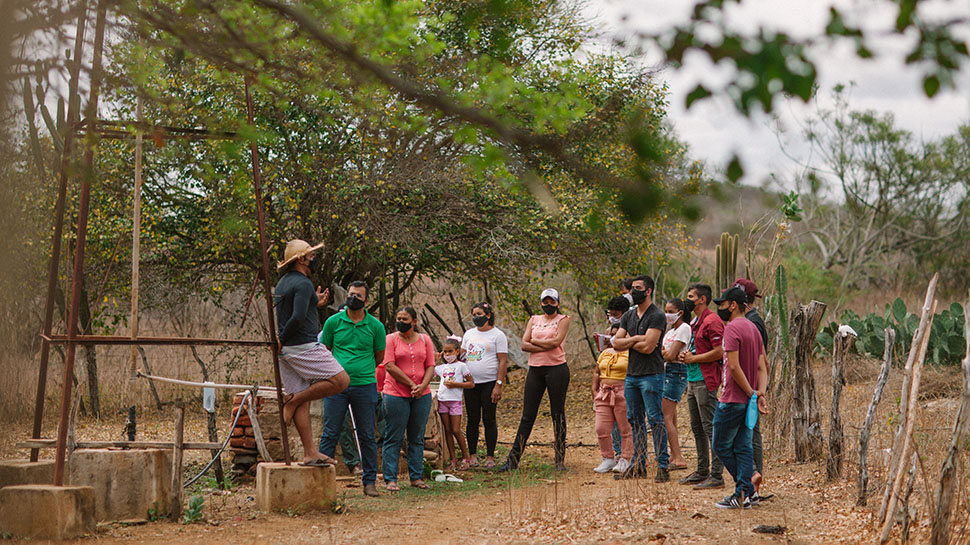
terre des hommes schweiz creates prospects for young people through education and promotes sustainable income models that strengthen them as actors in the ecological transition for a climate-just future.
Do you have questions about this topic?
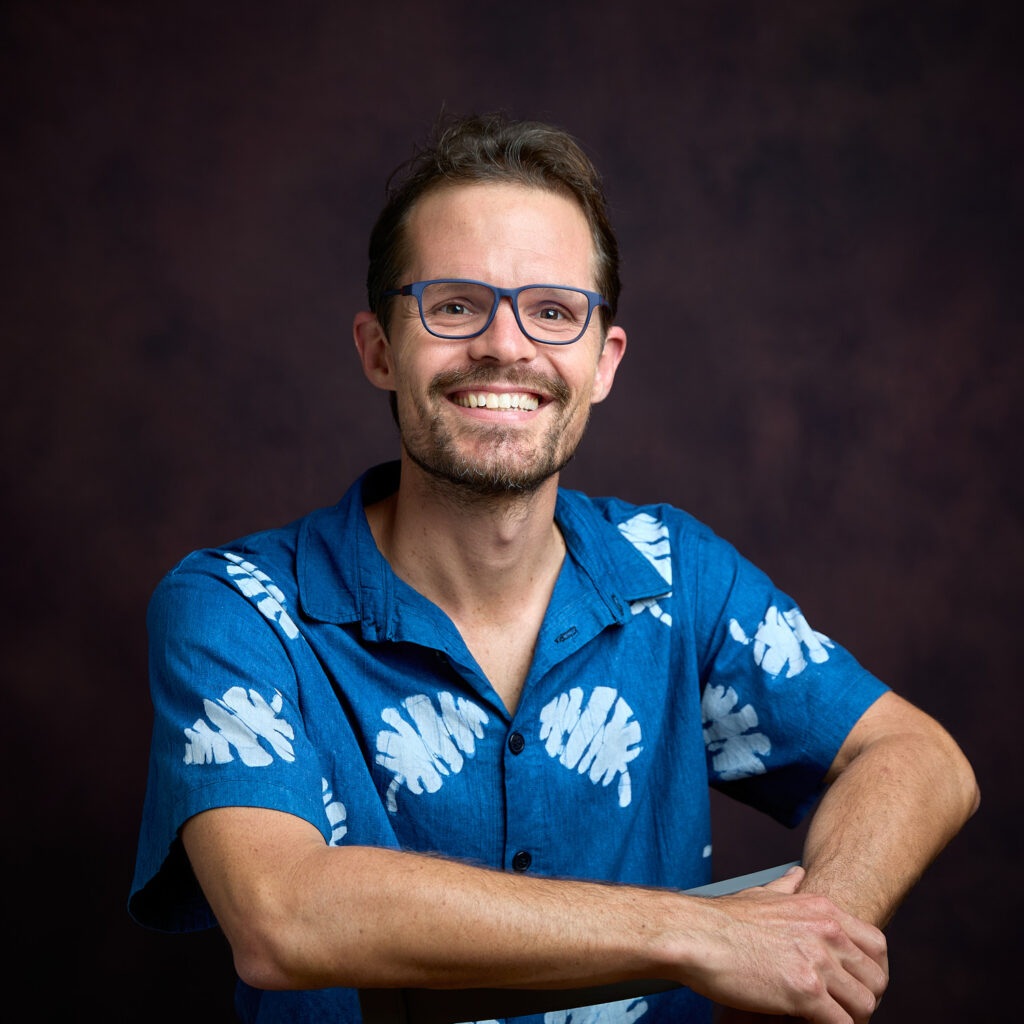
Andreas Hugentobler
Responsible for the topic of sustainable livelihoods
The transition to sustainable livelihoods for young people is only possible with your support. Help us to give more young people access to education, income opportunities and sustainable projects. Together, we can create a fairer and climate-just future for generations to come.
terre des hommes schweiz
Kasernenhof 8
4058 Basel